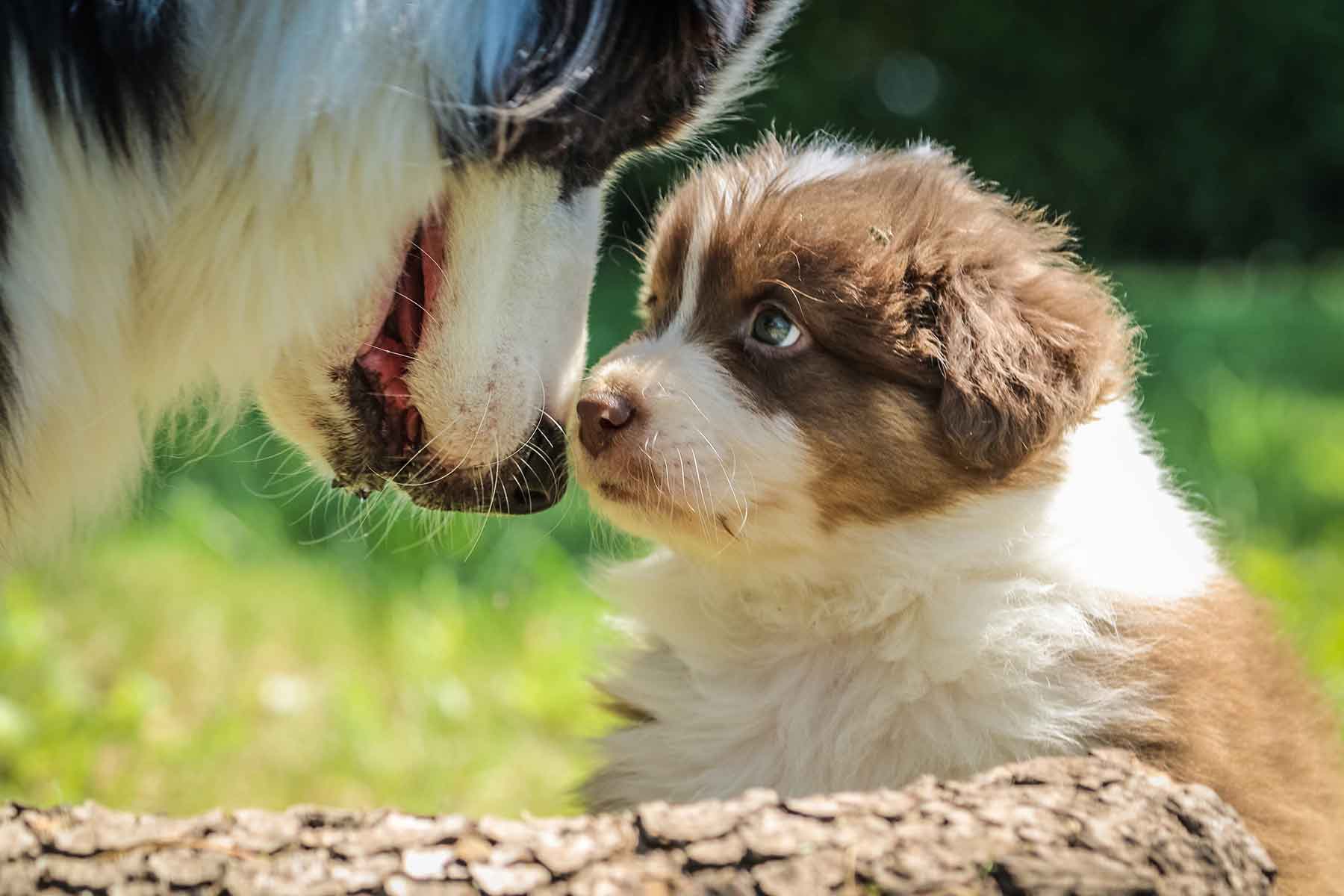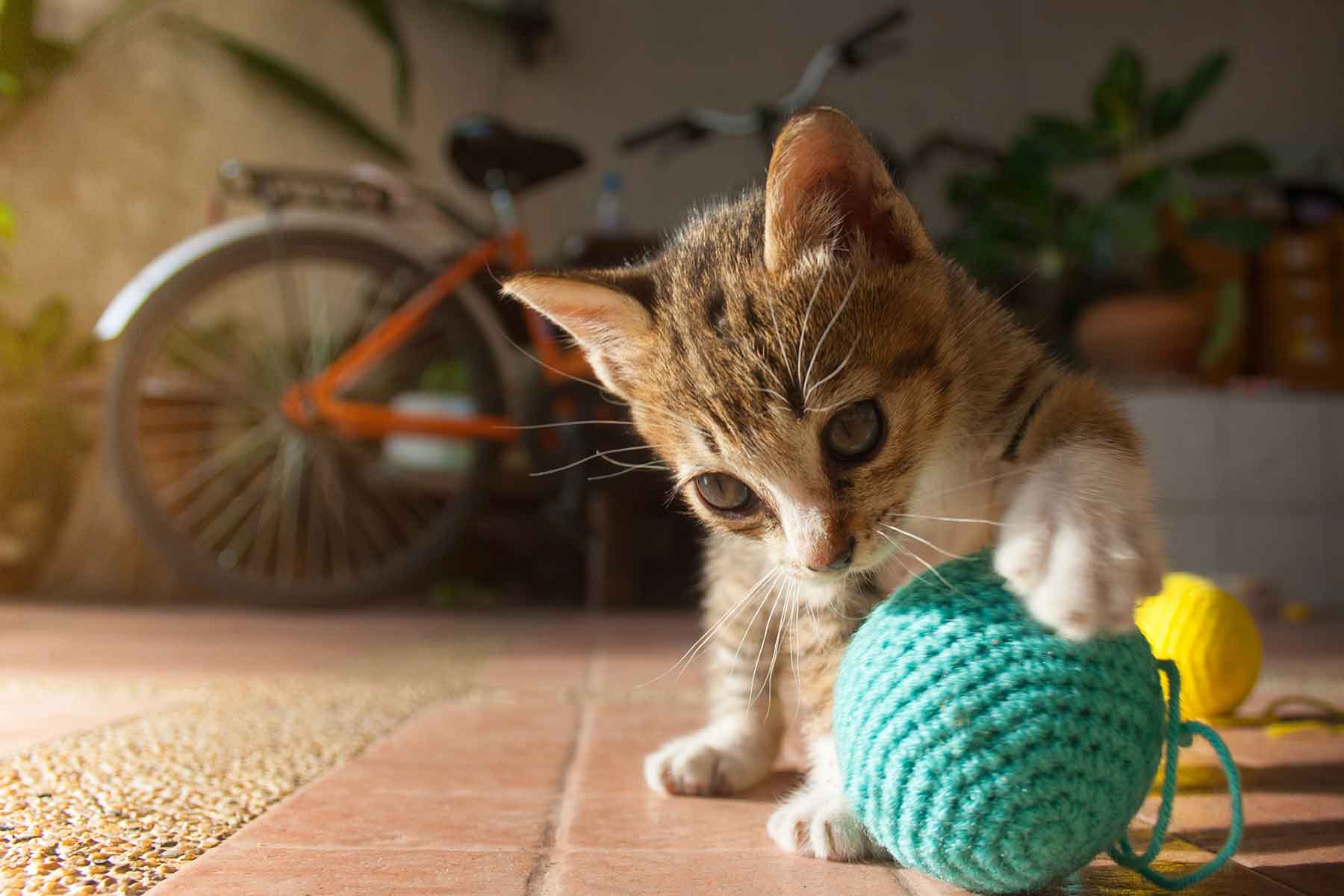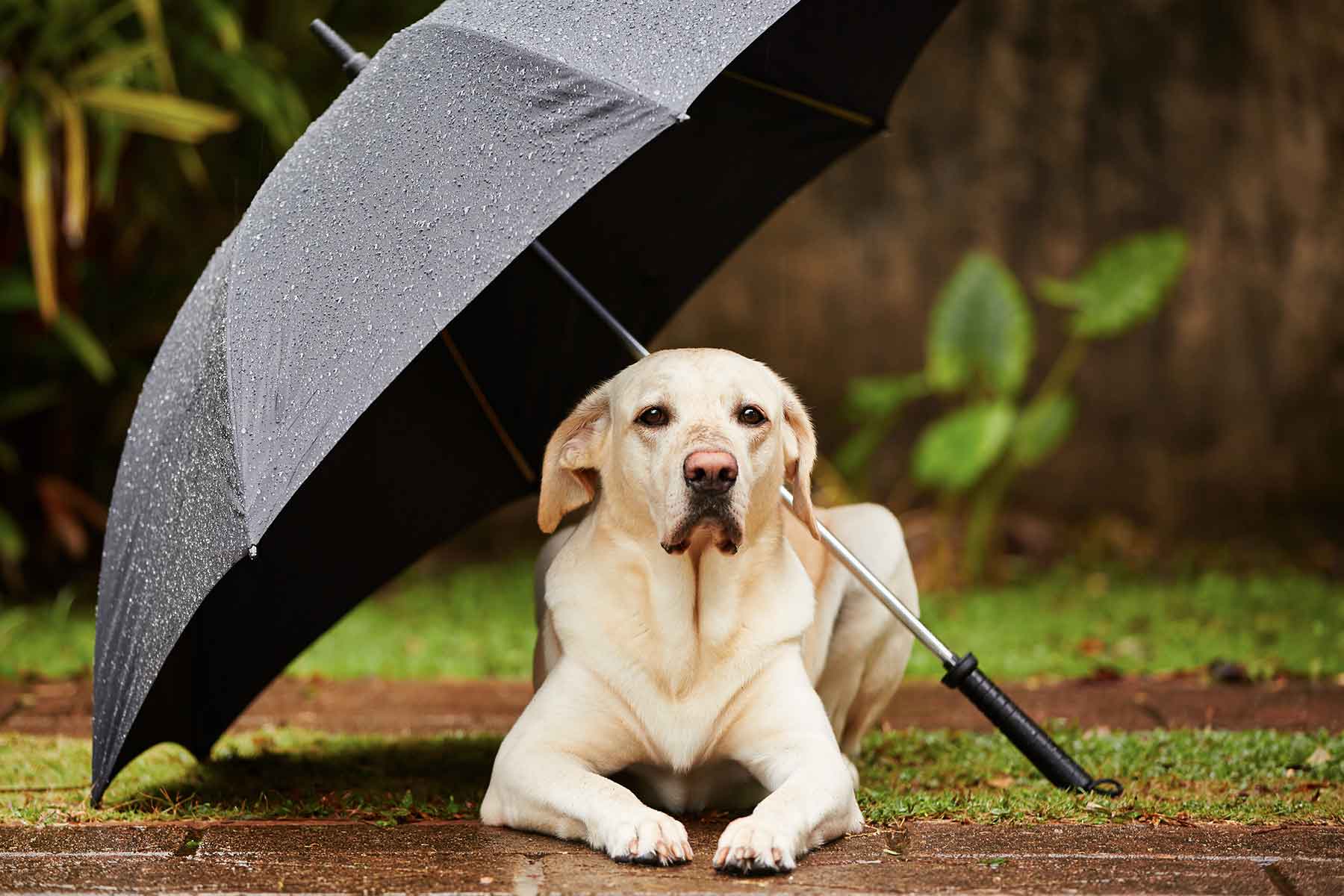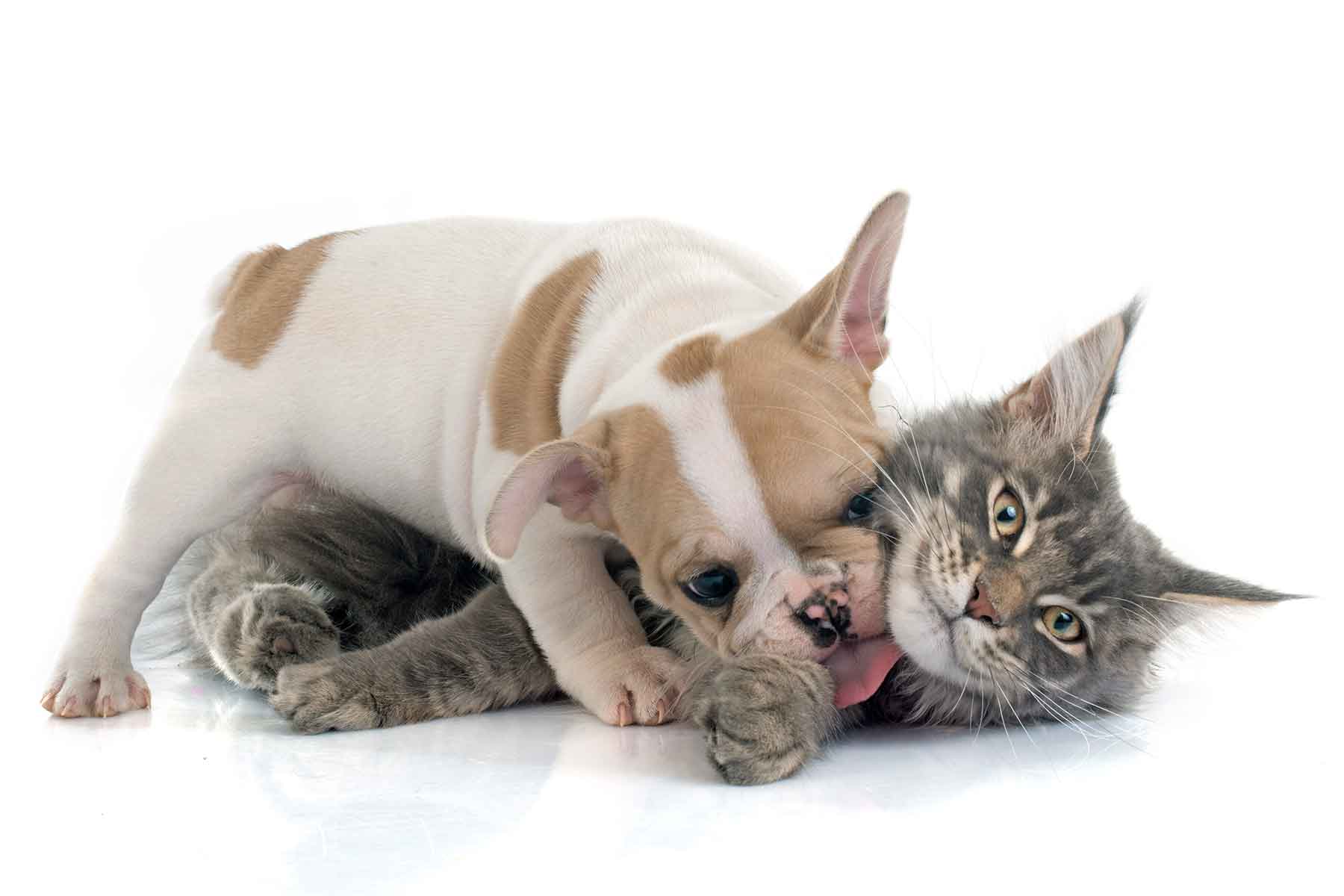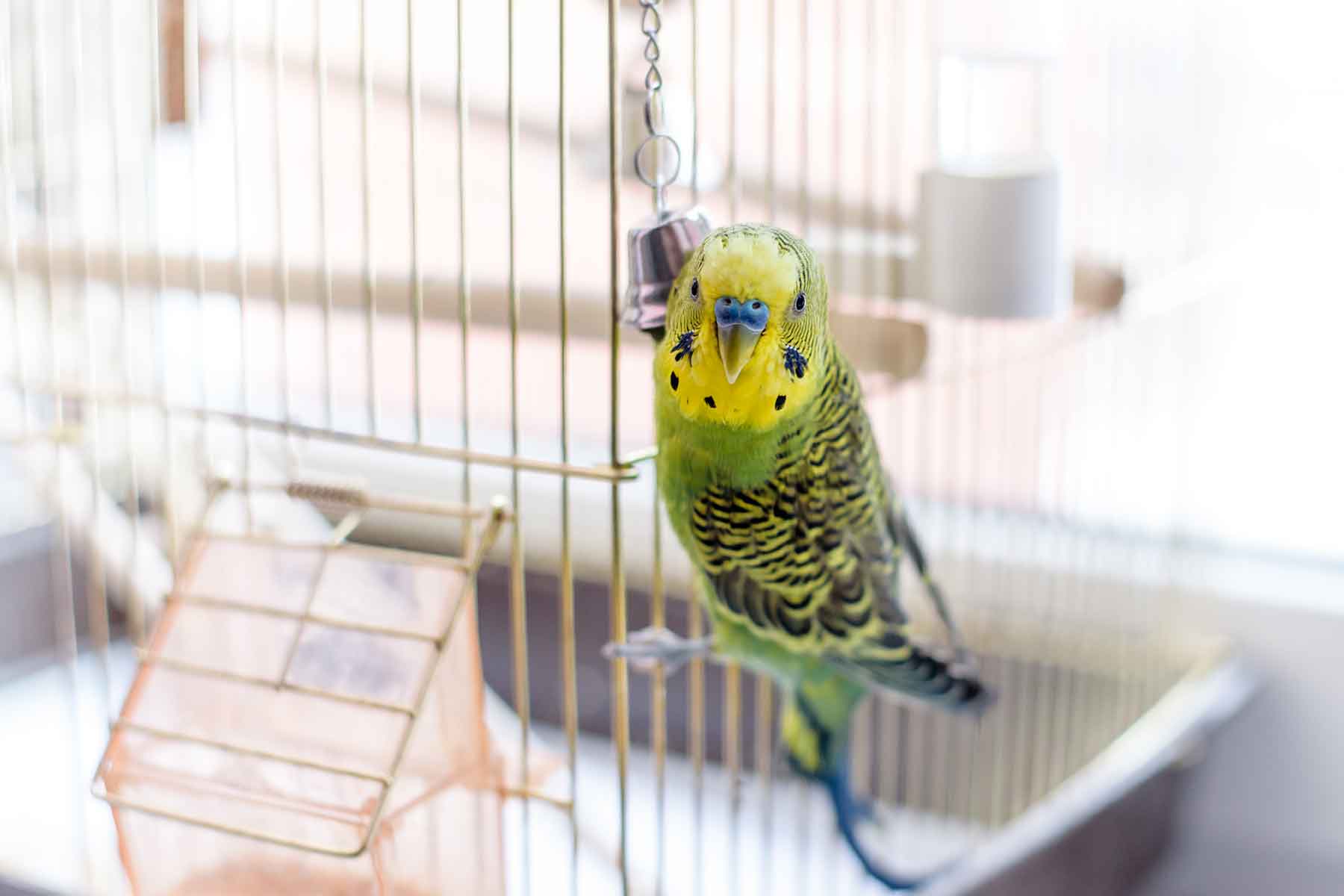Choosing a new pet is an exciting prospect and one which will generally involve a lot of emotion. Given that most pets will join your family for around 15 years, it is important to think about the consequences of owning a pet and the type of pet you have in mind.
The above may sound obvious to you, but there are people out there who do not plan ahead when inviting a new family member into their home. As veterinarians we see the downsides of such poor planning.
Below, we discuss:-
- Should we get a dog or a cat?
- Costs and benefits of pet ownership
- Where is the best place to get a new pet?
- What to look for…..
- You have made a decision what do you do next?
- Taking your new pet home
Should we get a dog or a cat?
This a very good first question to ask yourself. Some people are definitely cat or dog people, others enjoy both species. The main point to consider here is how much time you are willing to dedicate to owning a pet. In general, dogs require a reasonable investment of time for exercise, company, games, outings to the beach, etc. They don’t like being left “home alone” and adapt better to their environment and to other pets and people when they are trained. Training also takes time.
Cats are generally much more independent than dogs and therefore need less ‘human’ time than dogs.
Costs and benefits of pet ownership
You may be able to acquire a new pet for free, or you may pay hundreds of dollars for a pedigree, but all animals require care and a financial investment for their entire lives.
Costs include food, dental care, parasite control such as worming, flea control, heartworm protection, vaccinations (an initial course and annual boosters), desexing (sterilisation), and most importantly regular check-ups.
You will also need to consider a budget for council registration (dogs), unforeseen veterinary bills (e.g. for illness, accident), insurance, grooming, boarding kennels/cattery for your holidays, training classes (dogs), bedding and leads/collars/brass name tags.
However, as most pet owners will agree the benefits far outweigh these costs. Unconditional love – a happy face and a wagging tail greeting you as you arrive home from a hard day at work, ears that will always listen, a lap that is never empty and no matter how other people treat you, your pet will always love you.
Furthermore, studies have shown that pet owners are more healthier and less likely to have high blood pressure. There are a number of reasons for this including the calming effect they have on us, such as when we stroke and pat an animal. Not to mention the extra exercise you will receive because there’s no better excuse than to walk the dog.
Where is the best place to get a new pet?
So now you’ve decided it is time to invite a new family member into your home, where should you look? This will depend on what you’re looking for. If you are keen on a particular breed of cat or dog, then we encourage you to contact us as we have prior knowledge of some breeders. We also encourage you to contact the Canine Association as they are able to provide extensive information on dog breeders.
If you’re uncertain what breed will suit your family you can use an online interactive pet matching service which takes into consideration, lifestyle, exercise, environment, temperament, and other social needs.
Once you have an idea of a breed, then we encourage you to contact us for more information.
A great alternative is to aim for a mixed breed dog or cat. Due to their mixture of genes, cross-breeds are, generally, much less prone to illnesses and genetic diseases. A good place to find a “Cross” variety is from a local animal welfare organisation such as the RSPCA or a cat or dog haven. Not only are you probably saving an animals life, you are also helping these organisations continue their operations. Although be warned that it can be an overwhelming experience to visit a welfare establishment as there are often so many animals there that you’ll probably feel like you want to take them all home, so try and be focused and prepared before you go.
In all cases, it’s important to try and be a little bit objective before you make a final decision. Naturally though, emotion is the main deciding factor. Often people explain to us how their pet ‘adopted’ them rather than vice versa!
What to look for…..
In any situation, it would be ideal if
- You could see the puppy or kittens parents, or even just the mother to ensure they look healthy and have good temperaments. If you have decided on a pedigree, then we encourage you to ask for their medical histories. For example, the parents hip score results should be made available to you if you are buying a breed susceptible to hip dysplasia, such as a German Shepherd.
- Seek a veterinary health check prior to purchase. Naturally, it’s best to get a veterinary check up of your new family member. There are also a few basic things you can observe yourself. Look at the puppy or kitten from a distance – is he/she out-going and happy? At an early age, dogs and cats are a bit similar to babies in that they sleep and play a lot. The pup you like the look of may be asleep, try and wait around till he/she is wide awake and observe them at play.
- Pick the puppy or kitten up – have a look at their face. Check that there is no evidence of discharge from the eyes or nose. Have a quick look at their teeth by lifting the side of the lip to make sure their upper and lower jaws ‘meet’ properly (Although note some breeds are bred purposely with a lower jaw that juts out). Feel under their tummy to check for any lumps that may indicate that they have an umbilical (belly-button) hernia. This is reasonably common and not a huge problem as it can easily be fixed by the vet when your pet is de-sexed, but it is good to be aware of it. Look under the tail to check that there are no signs of diarrhoea. Look through their fur and check for evidence of fleas or skin rashes – again these are not a big problem, but are good to be aware of. If you’re unsure about anything, ask the breeder/seller of the pet and insist on a veterinary check up.
You have made a decision what do you do next?
- Once you have decided on a pup or kitten find out their birth date, worming, and vaccination history.
- Make sure they are of a safe age to be separated from their mum (never before six weeks of age)
- Find out what they have been eating. A common problem with puppies and kittens is diarrhoea and this is often due to a sudden change in diet. You can feed your puppy or kitten on a balanced diet of your choice, but just make sure you change them onto their new diet gradually.
Taking your new pet home
In spite of the temptation to show your new family member to everybody, the very best advice is that it should have nothing but peace and quiet in the first 24 hours. Try to encourage all family members to handle the new arrival quietly and gently, and particularly if your new friend is quite young, allow adequate periods of rest by itself.

